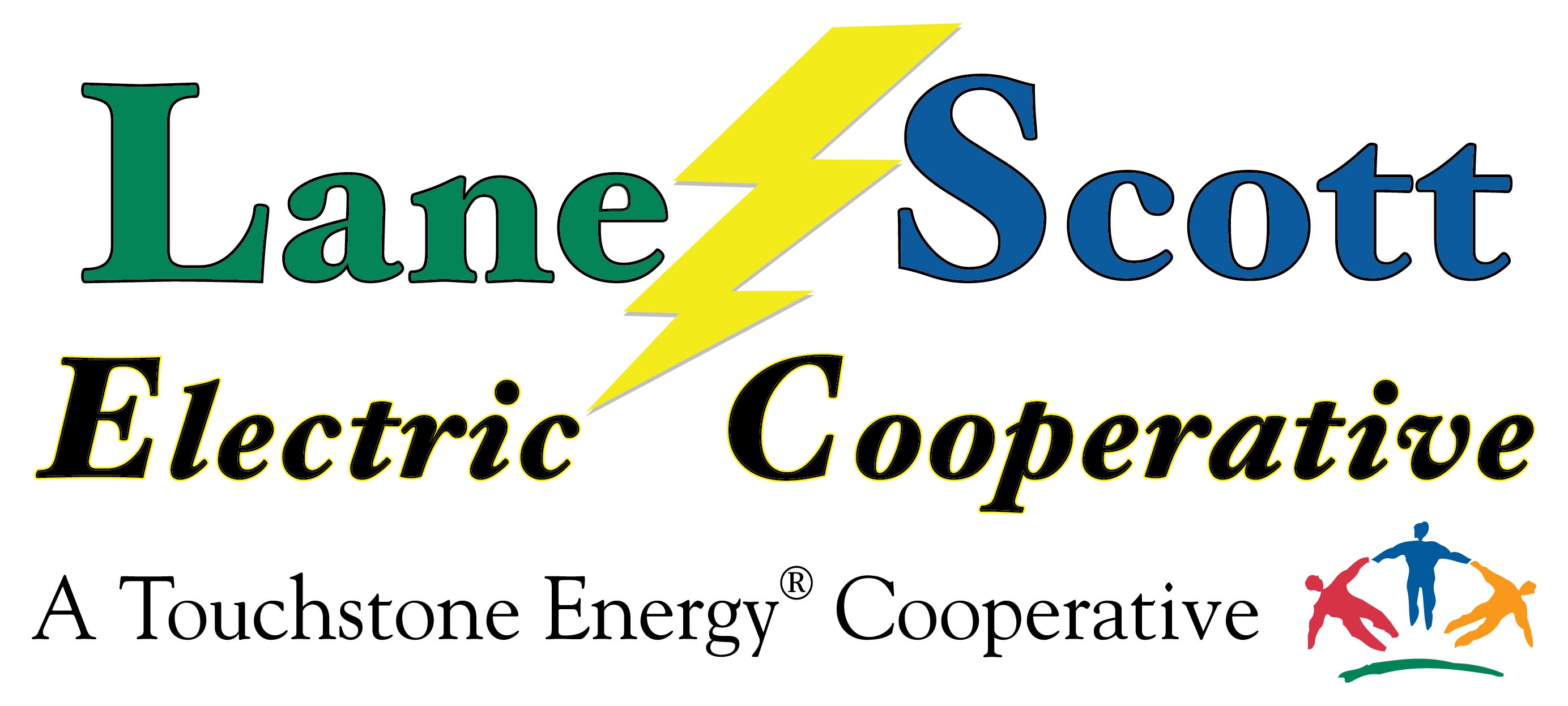Using the Clock to Save Energy
Did you know the time of day you use energy can impact electricity rates? Think of times of high energy demand like rush hour traffic. These are times when a lot of people in our community are using electricity — whether getting ready for work, which involves showering and making breakfast, or coming home in the evening to cook dinner, wash clothes, bath the kids or wash dishes. During these times of high energy use, your electric cooperative strives to ensure there is enough electricity available to meet the needs of all consumer-members. This often results in buying energy at higher costs (because of higher overall demand) as well as ensuring that grid infrastructure can deliver enough electricity when use is highest. This is especially true when extreme winter or summer weather pushes energy use even higher.
There are several ways consumers can help lower energy demand by thoughtfully timing energy-intensive activities at home. Peak energy hours are typically in the morning and in the evening after people return from work and school. Weekends and holidays are typically considered off-peak.
Here are few simple ways you can beat the energy peak:
- Adjust the thermostat. Move the temperature up to 78 degrees in summer and down to 68 degrees in winter. Bump it further up or down when you’re away from home for extended periods of time.
- Postpone the use of major appliances. Move laundry loads to later in the evening or weekends. Delay running the dishwasher until well after dinner or use the delay cycle function if your dishwasher has one.
- Your water heater uses a significant amount of energy. You can reduce its energy burden by moving showering and bathing to an off-peak time or lowering the temperature on the tank. Some models include the ability to place the water heater on a timer to turn it off during hours it won’t be in use.
- During summer, consider grilling outdoors to keep the oven off during peak heat days.
- Unplug charging cables and small appliances when they’re not in use. For bigger items like TVs, try plugging them into a power strip that can be flipped on and off.
- If you have an electric vehicle, charge it at night when electricity rates are typically lowest.
Lowering your energy use during peak times allows your co-op to save money on peak demand fuel costs, ultimately saving consumer-members money by keeping rates lower.
Timing energy use to avoid “rush hour” is a great way to keep costs down and practice better efficiency habits.
